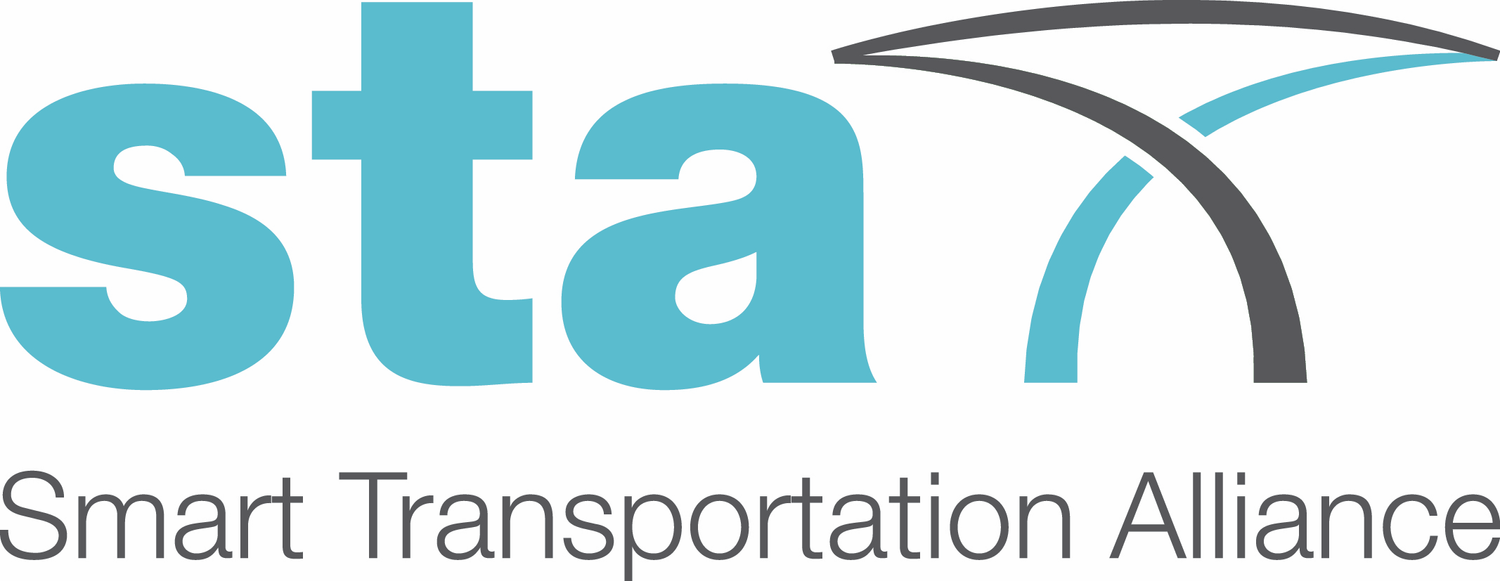STA SMART TALKS WITH PROF DR EDWIN VAN HASSEL ON THE DIGITISATION OF INLAND WATERWAY TRANSPORT (IWT)
We are excited to introduce a new Digitisation of Transport Infrastructures mini-series within the STA Smart Talks podcast. In the next episodes, our expert guests will showcase their efforts to advance the digitisation of transport infrastructures across Europe and how these efforts contribute to a more efficient, safer, secure, and sustainable digital future for transport across modes and industries.
In our first episode, STA President & Host Dr José F. Papí has the pleasure of welcoming Dr Edwin Van Hassel, Professor at the University of Antwerp and Visiting Professor at the Delft University of Technology. They discuss the importance of the inland waterway system following the digitisation trends seen in other sectors.
The episode kicks off by evaluating the key benefits of digitising Inland Waterway Transport (IWT). Dr Van Hassel highlights is the IWT ability to better integrate with the overall supply chain than other infrastructures like road, air or rail. This allows supply chain managers to utilise real-time vessel positioning data to optimise logistics and inventory management. However, he notes that digitisation efforts often target larger operators, meaning smaller barge operators may not see direct benefits, as the advantages tend to accrue more for the overall supply chain rather than for individual operators.
Moving forward, the discussion shifts to whether green demands can be met while increasing cargo volumes on Europe’s rivers, aligning with one of the primary objectives of the European Commission. Dr Van Hassel explains that decarbonisation goals and emissions reduction targets must be achieved, which is driving a shift to alternative fuels and propulsion technologies in IWT. However, he notes that this transition will likely increase transport costs, raising the important question of who will bear those additional expenses between the final customer, private operators or public infrastructure owners.
According to Dr Van Hassel, digitisation can improve the energy efficiency of barge operations by enabling better scheduling and speed optimisation, which can also reduce fuel consumption and emissions.
Additionally, he expresses that harmonised standards and governance structures led by infrastructure managers are crucial for enabling seamless digitisation across borders and operators, rather than relying on fragmented approaches. He mentions a system that was developed by the Flemish Waterway in Belgium as a best practice example of how to align with EU standards and targets.
During the discussion, Dr Van Hassel notes that while the promises of digitisation have sometimes been overstated in the past, the digital infrastructure currently being developed is crucial for future innovations.
When discussing the technological advancements shaping the future of inland waterways, Dr Van Hassel mentions that various digital technologies, such as track pilot systems and data collection devices, are already being developed and deployed. He mentions Belgium and the Netherlands as examples of developing digitalised tools and also points out major differences even across the European continent. However, the future belongs to technologies that will streamline and facilitate everyday practices and user experience.
Overall, the digitisation of the inland waterway transport system is necessary for enhancing efficiency and sustainability. However, the path forward may still have challenges to face, the foundational digital infrastructure being established, paves the way for future innovations that allow inland waterways to become a more integrated and sustainable part of the overall transportation network.
Stay tuned for more, and don’t forget to subscribe to the ‘STA in Action’ newsletter to be the first to receive updates on the path toward Smart Transportation Infrastructures.
Author: Eftychia Koliou (Smart Transportation Alliance)

